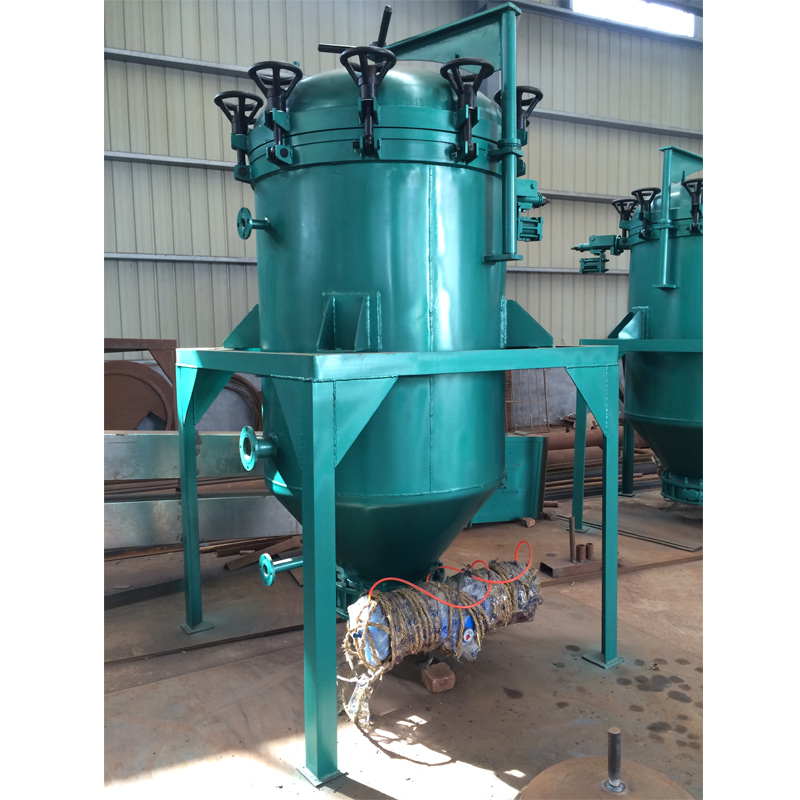دېكابىر . 25, 2024 18:53 Back to list
flaxseed oil refining line
The Flaxseed Oil Refining Line A Comprehensive Overview
Flaxseed oil, derived from the seeds of the flax plant (Linum usitatissimum), has gained immense popularity in recent years due to its numerous health benefits and culinary applications. As a rich source of omega-3 fatty acids, lignans, and fiber, flaxseed oil is touted for its potential to improve heart health, reduce inflammation, and even support skin health. However, the extraction and refinement of this valuable oil are crucial processes that ensure its quality, stability, and safety for consumption. This article delves into the key aspects of the flaxseed oil refining line, exploring its stages, technologies, and significance in the food industry.
The refining process of flaxseed oil involves several stages, each aimed at improving the oil's quality by removing impurities, odors, flavors, and harmful components. The main stages of the refining line include degumming, neutralization, bleaching, and deodorization.
1. Degumming This initial step involves the removal of phospholipids, which are naturally present in flaxseed oil. These phospholipids can lead to instability and affect the oil's quality. The degumming process typically uses water or an acid solution to hydrate and precipitate these impurities, which are subsequently removed through centrifugation. The result is a clearer, more stable oil.
2. Neutralization After degumming, the oil undergoes neutralization to eliminate free fatty acids (FFAs) that can contribute to off-flavors and odors. This process usually involves the addition of alkaline substances, like sodium hydroxide, which react with the FFAs to form soap. The soap is then separated from the oil using centrifugation, leaving behind neutral and palatable flaxseed oil.
3. Bleaching The next critical step is bleaching, during which the oil is treated with adsorbent materials, such as activated clay, to remove any remaining pigments, impurities, and trace metals. This step not only enhances the oil’s color but also improves its overall stability and shelf life. The bleaching process must be carefully controlled to maintain the oil's nutritional qualities while achieving the desired clarity.
flaxseed oil refining line

4. Deodorization Finally, deodorization is a vital stage in the refining line. This process employs steam injection and vacuum conditions to remove volatile compounds that may impart unpleasant odors or flavors to the oil. By enhancing the sensory attributes of flaxseed oil, deodorization ensures that the final product is appealing to consumers. This step is particularly important as it allows the oil to retain its health benefits while providing a neutral taste that can complement various culinary uses.
Technological Advances and Considerations
The flaxseed oil refining line has evolved significantly over the years, with advancements in technology greatly enhancing efficiency and sustainability. Modern refining lines utilize state-of-the-art equipment that ensures precise control of temperature, pressure, and processing times, leading to high-quality oil with minimal waste. Moreover, there is a growing trend towards employing green technologies and processes, such as the use of enzyme treatments and supercritical CO2 extraction, to further enhance the quality of extracted oils while reducing environmental impact.
It is essential to note that the quality of the initial flaxseed raw material plays a pivotal role in determining the characteristics of the final product. Factors like seed variety, growth conditions, and harvesting times can significantly affect the oil's composition and quality. Therefore, selecting high-quality flaxseeds is the first step towards producing premium flaxseed oil.
Conclusion
The flaxseed oil refining line is a complex yet highly significant process that transforms raw seeds into a high-value culinary and health product. Each stage of the refining process plays a crucial role in ensuring the oil's quality, stability, and appeal to consumers. With ongoing advancements in refining technologies and a growing emphasis on health and wellness, the demand for high-quality flaxseed oil is likely to continue its upward trajectory in the global market. By understanding the intricacies of the refining line, producers and consumers alike can appreciate the journey of flaxseed oil from seed to bottle.
-
High-Efficiency Oil Seed Press Line Trusted Exporters & Leading Companies
NewsJul.04,2025
-
Continuous Horizontal Vacuum Belt Filter - Reliable Filtration Solutions for Industrial Needs
NewsJul.04,2025
-
Sunflower Oil Seed Press Machine - High Efficiency, Durable & Cost-effective Extraction
NewsJun.24,2025
-
High-Efficiency Physical Oil Refining Unit - Leading Exporters & Trusted Companies
NewsJun.10,2025
-
High-Efficiency Animal Oil Refining Machine - Leading Exporters & Reliable Companies
NewsJun.10,2025
-
Camellia Oil Mill Machine for Efficient Oil Extraction Leading Exporters & Companies
NewsJun.10,2025
